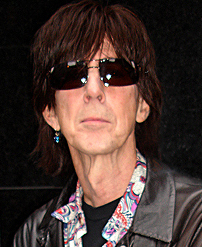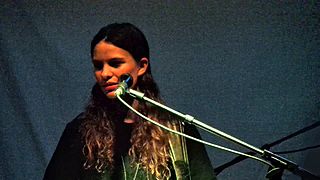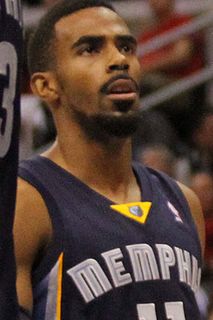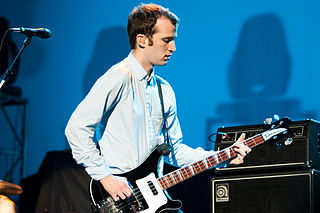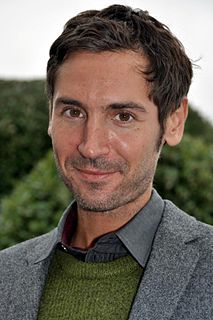A Quote by Craig Finn
I think the biggest thing - and this I think is true of songs but also of movies and books and art in general - is when you have this moment where you hear a song or whatever and you say, "Hey, I've felt that exact way as a human being," and there's no easy way to describe it.
Related Quotes
Often for me, if I hear a song I know, it clicks for me and I hear it in a different way and I think, "I could sing that song. I've got something to say about that song. Wanting to connect with an audience and wanting them to rethink songs; it is actually important to do songs they're familiar with. Also, I love those songs. In a way, I think I've changed people's perceptions of what a cabaret show like this could be.
The best thing you can do for a song is to hear it on the radio and to imagine what it could mean to you and then kinda forget the words. Just imagine how you felt when you heard it, if it was one of your songs. If it became one of your songs. If it meant whatever it meant for you and as soon as you see the visual, you get a rapid eye movement relationship with the song instead of an imaginative one. I think that can be dangerous because I don't think I'd want to be listening to a song on the radio and thinking about the video. Whatever that one interpretation was
It's one thing having a great song, but I think for me if you take it to the next level... say you had a guitar and a vocal, and the song was amazing but the vocalist wasn't that great and it just was a guitar and vocal acoustic track, switching that to something like an amazing voice singing the exact same song with the instrumentation being really nice and lush or unique in some way and interesting and diverse... I think it's all about the instrumentation and textures in the sound.
Nothing was ever easy in Memphis and I think that's why the fans were drawn to our team so much. It's because the way we played and the way we got overlooked and the respect that we didn't get most of the time was very similar to how the city felt and how the locals felt about life in general. It was an easy bond.
I've been getting really into mixing, and there's kinda like an art to it I think. I feel like I still have a lot of ways to grow. But you can just watch the way that other people blend songs together, and it can be a pretty mind-blowing thing. And you can hear music in a very different way, depending on the way a DJ presents it.
I think it's more, at least at the time, a sense of abstraction. My mind doesn't really work in a way where there's a definitive sense of something. I go one way and then it opens up into a million different ideas, and somehow, when you look at the art, Buddhist art, or particularly Tibetan art, you know, it's a similar thing. All of a sudden there are a million lotus leaves and you're following one to the next and to another, and I related to that, and it felt simple and easy to me. And it made me feel smart.
I try to teach a modernist and postmodernist position. On one hand, if you're a painter, you need to know the history of painting. But I'm also interested in the moment we live in. I love television, and movies, and books, and music. So I also think of art as this cultural production along with all this other stuff that's happening. So that's a kind of postmodern, not media-specific, but the times, what is your art relevant to this moment we live in versus media specificity? That's my teaching philosophy, both of those things are important.
But it's never just been the journals that have made the difference, I don't think. It's also the way the students are with one another . . . the way they talk about books and authors and themselves. Not just their problems, but their passions too. The way they form a little society and discuss whatever matters to them. Books light the fire-whether it's a book that's already written, or an empty journal that needs to be filled in.


